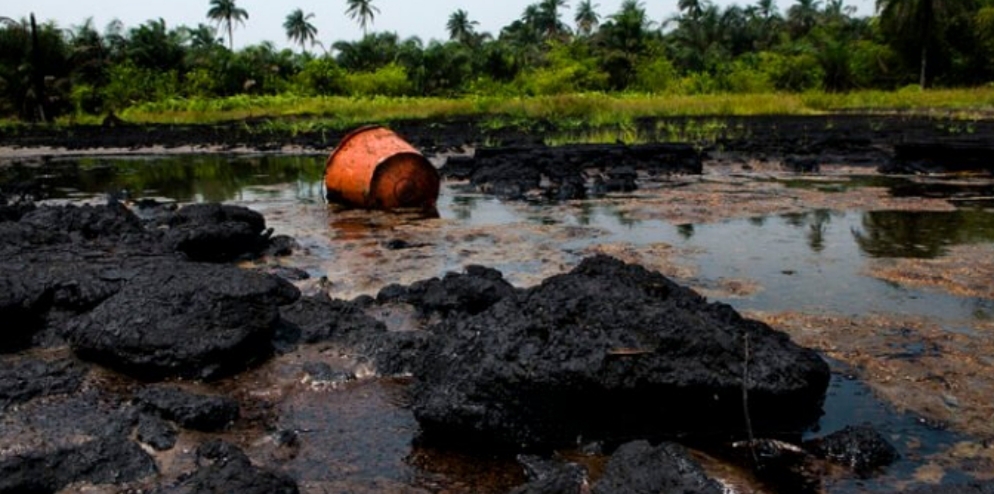Mobil Producing Nigeria Unlimited and the Nigerian National Petroleum Corporation (NNPC) have been ordered by a federal high court in Abuja to pay N81.9 billion as damages to communities in Ibeno LGA of Akwa Ibom state over oil spillage.
The court awarded the sum of N42.8 billion as damages for intangible losses, N21.9 billion for special damages as annotated and N10 billion as general damages.
Delivering the judgment on Monday, Taiwo Taiwo, the judge said the companies must make payment to the communities within 14 days.
Taiwo said failure to make payment on the date attracts 8 percent interest on the principal sum annually.
The suit was instituted against the two defendants by the aggrieved oil-producing communities led by Obong Effiong Archianga and nine others through their lawyers, Lucius Nwosu.
They had sought about N100 billion compensation for economic losses suffered from oil spillages caused by the defendants during exploration, NAN quoted court papers.
The judge held that the negligence of Mobil and NNPC caused environmental degradation in the communities.
He said NNPC is only interested in the revenue generations from the oil exploration at the expense of the people’s lives in the communities.
Taiwo said that he believed the oral and documentary evidence adduced by the plaintiffs to support their claims that lives were made miserable for them when their water and land were polluted through crude oil leakages from old oil pipelines.
He noted the claims of Mobil that it did clean up exercise and held that the oil giant failed to address the compensation that would have mitigated the economic losses of the people said to be mainly fishermen and farmers.
The judge also described witnesses called by Mobil as unreliable, adding that for no reason they became evasive during cross-examination by counsel to the plaintiffs.
He held that the oral and documentary evidence produced by Mobil Company were not in any way helpful to the court as they were targeted at serving predetermined interest.
The judge further said that some of the witnesses ought not to have come to the court at all going by the discrepancies in the documents brought to the court, adding that they only embarked on guess research that was not reliable.
He further held that both Mobil and NNPC were negligent by their failure to visit places of the leakages of the crude oil that led to the contamination of rivers and creeks.
The judge rejected the claims of the Mobil joint venture partner, NNPC, that the suit was statute barred in 2012 when the aggrieved plaintiffs filed it.
The NNPC had claimed that the suit was not filed within 12 months by the plaintiffs as required by the provision of Section 12, Sub Section 1 of the NNPC Act, 2004.
However, the judge held that the instant suit had to do with fundamental rights that cannot be rendered impotent by the statute of limitations.
He stated further that Section 11, Subsection 5 of the Oil Pipeline Act made it mandatory for oil companies to monitor and repair their pipelines to avoid spillages and environmental degradation.

